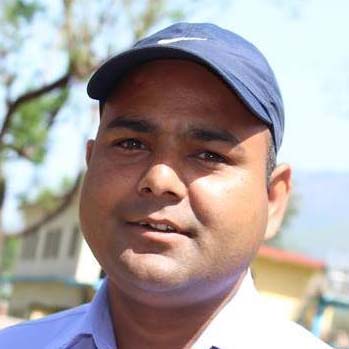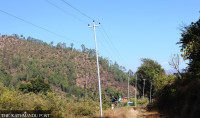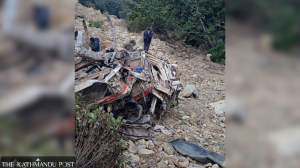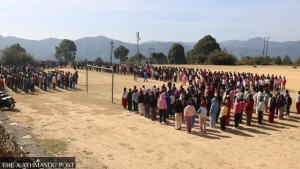Karnali Province
Dalit and women leaders in Karnali feel cheated
Big parties did not field any Dalit candidate for Parliament from Karnali Province.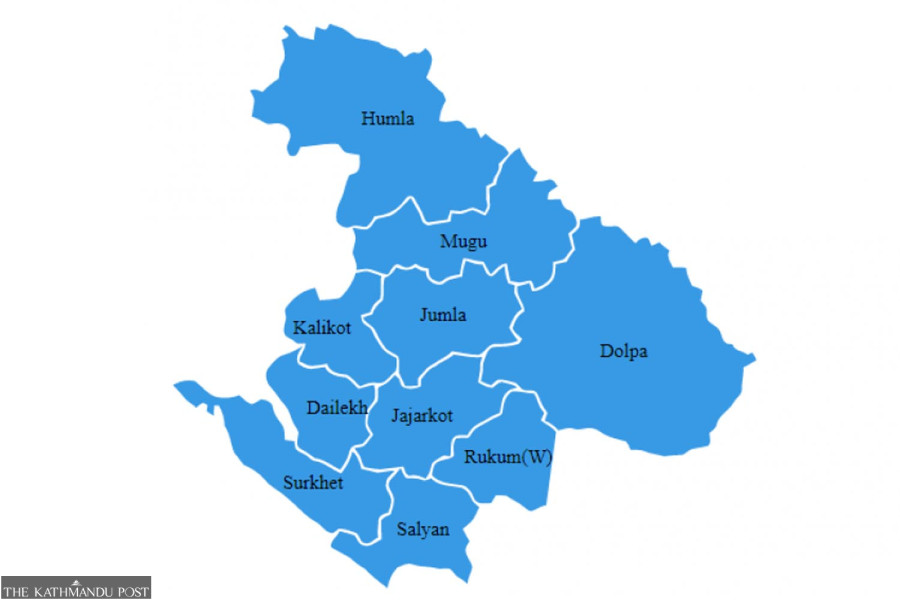
Krishna Prasad Gautam
Around 29 percent of the Karnali Province population comprises Dalit communities, according to the preliminary report of the National Census 2021. But the representation of people from the said communities is paltry in parliament and provincial assemblies. Ransingh Pariyar is the only people’s representative elected from the Dalit communities during the November 20 polls.
Ransingh, a CPN (Maoist Centre) candidate, was elected to the provincial assembly from Humla (1). He won the provincial assembly election securing 6,481 votes. His nearest rival Mangal Shahi, an independent candidate, obtained 4,630.
Major political parties did not field even a single Dalit candidate for the House of Representatives (HoR) in Karnali, the country’s biggest and remotest province. Nepali Congress central committee member Man Bahadur Nepali filed his nomination for the HoR from Rukum (West). But he later withdrew as the party leadership pressured him to do so stating that the constituency was allocated to the Maoist under the seat-sharing deal of the five-party electoral alliance.
Dalit leaders in the province feel cheated of their representation under the first-past-the-post electoral system, says Nara Bahadur Nepali, a Dalit leader of Karnali Province. “Dalits are just used as vote banks in every election. There is not a single political party that truly wants to uplift the status of the Dalit communities,” he said. “The political parties are reluctant to provide tickets to the Dalit people under the first-past-the-post electoral system. Dalits are confined under the proportional electoral system due to the mandatory constitutional provision.”
The ruling party alliance and the UML enlisted 14 Dalit candidates from Karnali province to the HoR and the provincial assembly under proportional representation. Six Dalit representatives were in the federal and provincial assembly last time.
In the provincial election of 2017, CPN-UML candidate Dansingh Pariyar and Maoist candidate Rato Kami were elected from Mugu (1) and Rukum (West)-1, respectively. Neither of them got the ticket to contest the polls this time.
Karnali Province has a total of 12 seats for the HoR and 24 seats for the Karnali Province Assembly. Nine representatives from the Chhetri community and two from the Brahmin community have been elected to the HoR. Tsering Dumdul Lama (Bhote) is the only Janajati representative elected to the HoR from Humla as a Maoist candidate. In 2017, Chhakka Bahadur Lama won the HoR seat from Humla. He contested for the provincial assembly seat this time but was defeated.
In the provincial assembly, 18 representatives from the Chhetri community and five from the Brahmin community have been elected in Karnali. Only Ransingh is from non-Brahmin and Chhetri communities.
As per the National Census 2011, the Janajati population comprises around 16 percent of Karnali.
Of the total 1,694,889 population in Karnali province, there are around 802,000 women. But there is not a single representation of women in the HoR from the province. The Maoist fielded Goma Gautam Kunwar in Jumla and the Rastriya Prajatantra Party fielded Kunti Kumari Shahi from Dailekh-1. But both the women candidates were defeated.
“Major political parties are not open to providing tickets for the HoR to female candidates,” said Parbati Bisukhe, who was elected to the HoR from the UML under proportional representation in 2017. “I was hoping to get the first-past-the-post ticket in the November 20 election. TBut the party leadership thought we were unelectable.”
She said that women’s issues could not be raised in the parliament due to the lack of women’s representation.




 18.12°C Kathmandu
18.12°C Kathmandu